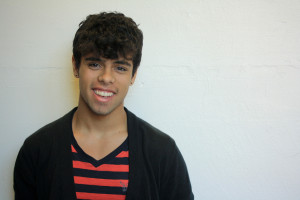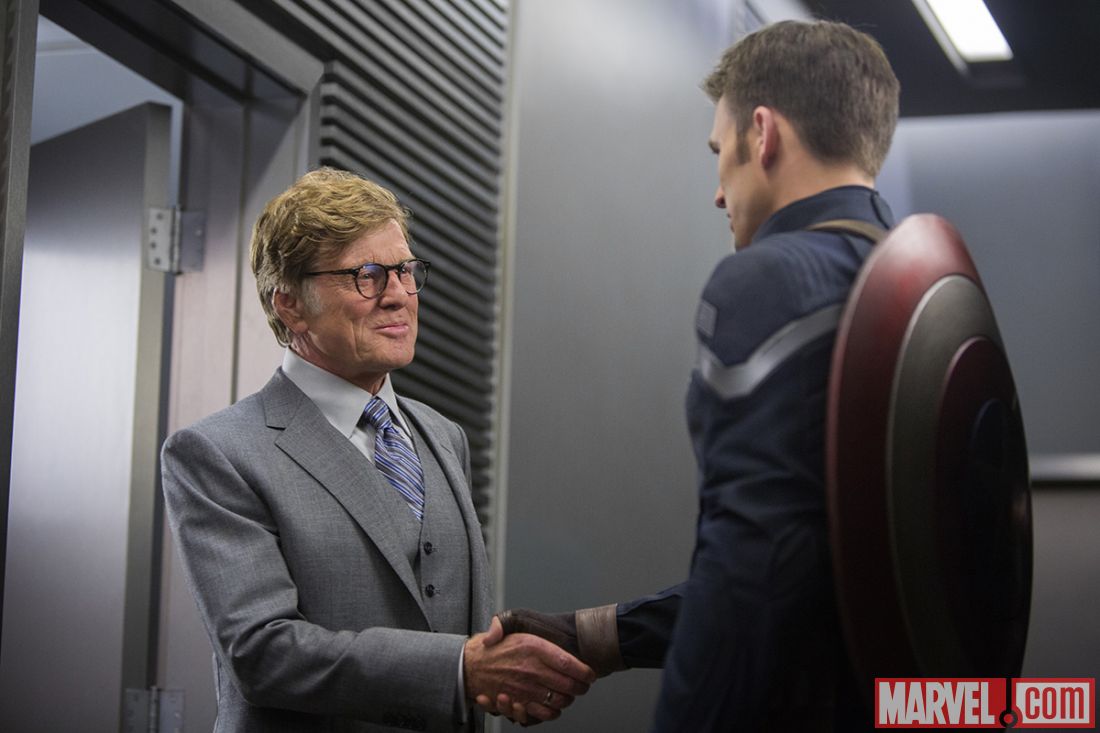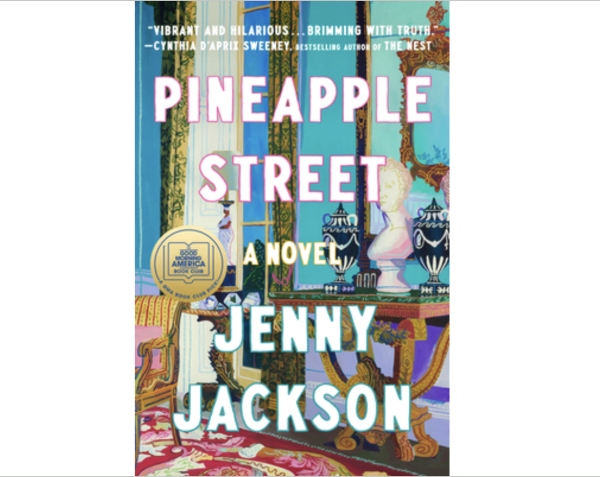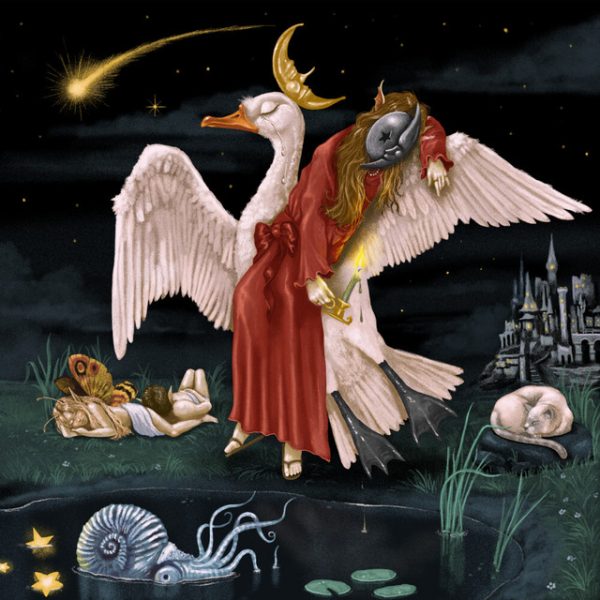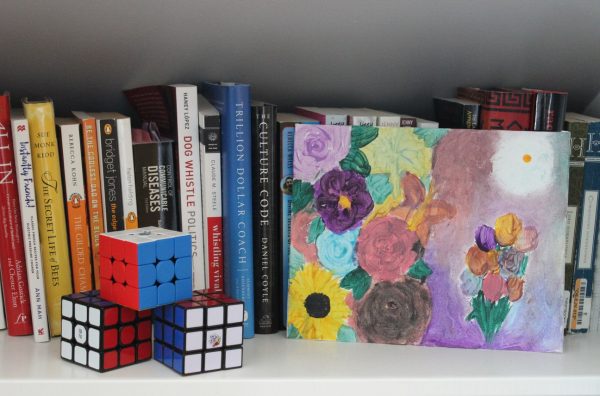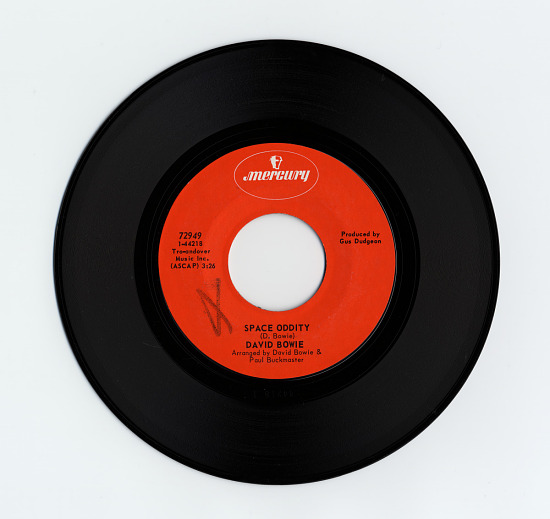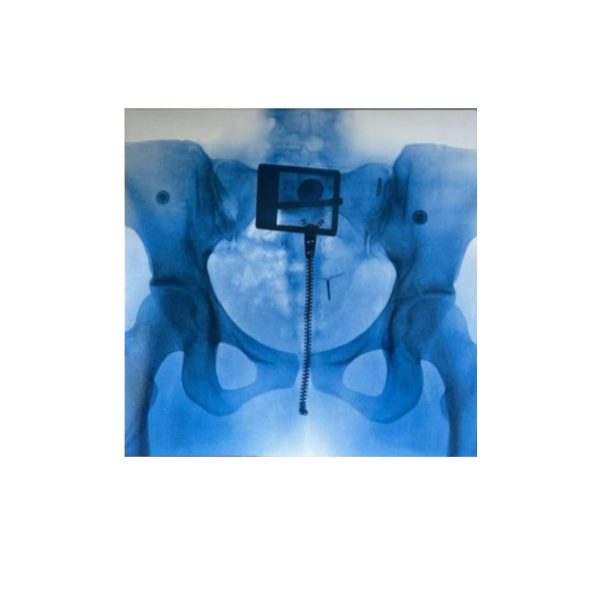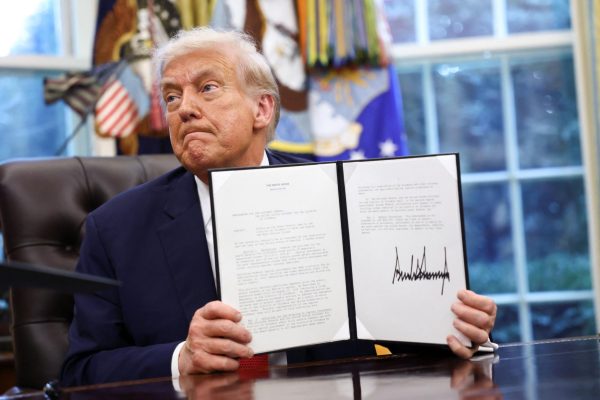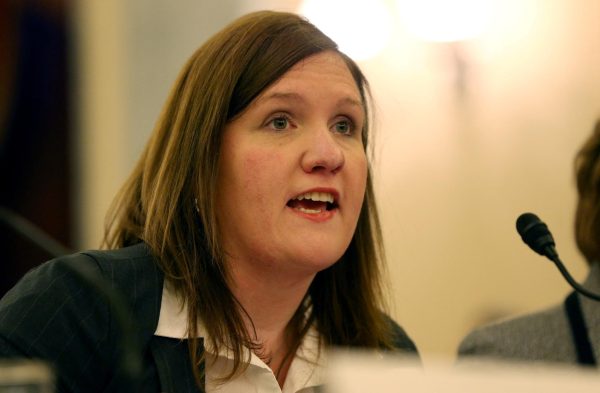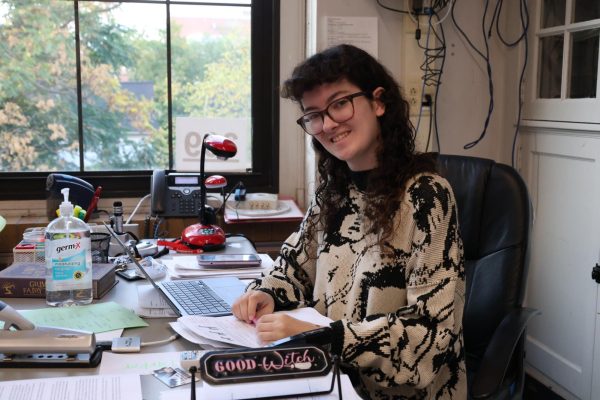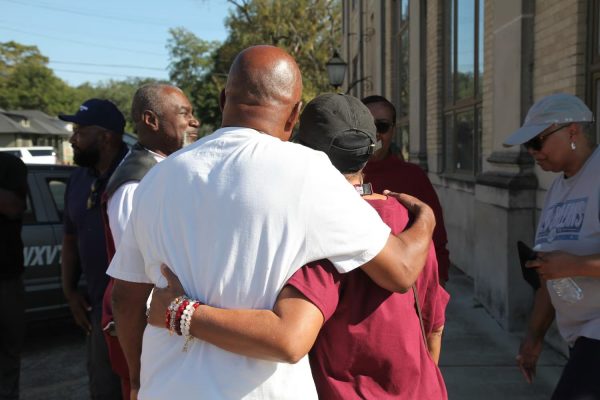“Captain America: The Winter Soldier” A Tiring Retread of Superhero Culture
Marvel’s The Avengers may, with time, come to be regarded as one of the most influential movies of the new century. Seriously. A perfectly upbeat, rollicking piece of entertainment in its own right, it also displayed a masterful use of franchise building in its decidedly separate treatment of characters, giving all of them their own separate films (think Iron Man, Thor, The Incredible Hulk, et al). That’s the problem — it worked too well to the extent that studios everywhere have begun unfurling franchise plans and serialized super-hero storytelling to directly emulate the Avengers model. As a result, films like Captain America: The Winter Soldier are given massive amounts of attention, ultimately coming at the expense of what made them special in the first place.
I’ll pose it to you this way. If event films come out every two weeks, don’t they cease to be events?
Lord knows Marvel is trying to diversify, though. In hiring writer-director Shane Black, Iron Man 3 became an uncommonly wry, intelligent ’80s-style actioner. Captain America: The Winter Soldier has been oft described by its directing duo, the brothers Russo (Anthony & Joe), as an ode to the sweaty, paranoid political thrillers of the ’70s. And that’s certainly an interesting slate in which to drop its lead character, Cap, a man whose good-ol-boy, aw-shucks attitude provided an undercurrent of social tension in the otherwise relentlessly modern Avengers. But where the source material of the ’70s was often dynamically reacting to genuine tensions and conflicts of its era — think All the President’s Men, The Parallax View, etc. — by this point, many of the “big, oppressive government” tropes of the era have been absorbed too deeply into mainstream culture to carry any sort of surprise.
The Winter Soldier isn’t unremarkable just for this, though. As prevalent as the cliches may be, the Russo brothers and considerably talented cast all do their best to elevate them to a state of genuine drama and excitement. But the repetitive faults of so many Marvel movies are becoming just as dull to witness as they are to write about: too much action to the point of incomprehensibility, too much time devoted to building future installments instead of carving an individual identity as its own entry.
The twin performances of Chris Evans and Scarlett Johansson are by and large the greatest charm to be found here, with Evans as the Captain coming off particularly strong. He manages to embody both the heartbreaking sense of a man outside of his own time and the feral, physically refined soldier he has become. Johansson, continuing one of the hottest streaks of any American actress in years (Don Jon, Her, Under the Skin), is every ounce as flirty and light as she is potent and deadly. Robert Redford, in a sly if underutilized piece of stunt casting, plays one of Cap’s political higher-ups with a menacing side.
The action of The Winter Soldier teeters between intimate hand-to-hand combat and ridiculously slick, mass-scale CGI-fest sequences, and while admirably constructed on both fronts, there’s simply too much of the stuff to make heads or tails of any of it. One could say the same of this mega-franchise at large, really — superhero films have been going at a steady clip for around a decade and a half now, with many providing dynamic action (Spider-Man 2), emotional pathos (the first Captain America), political subtext (X-Men 1 & 2), or even some mass conglomeration of all of them (The Dark Knight, obviously).
The Winter Soldier reaches for all of them and only lightly grasps any of them. Why that is, I don’t know, nor do I particularly care to dwell on it.
